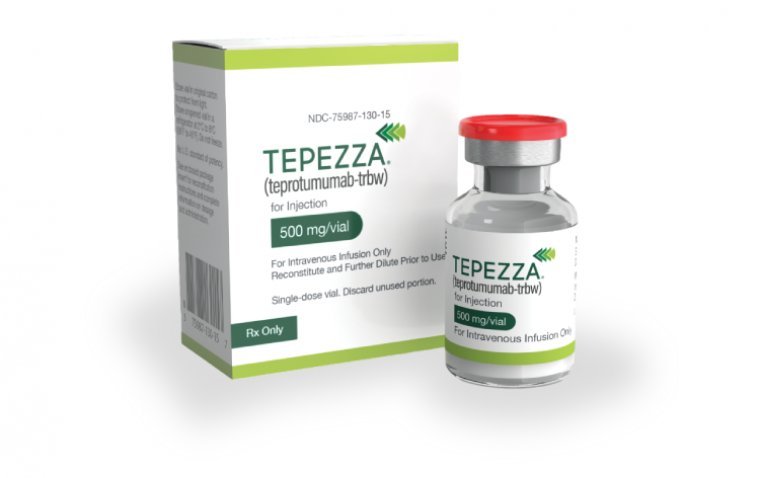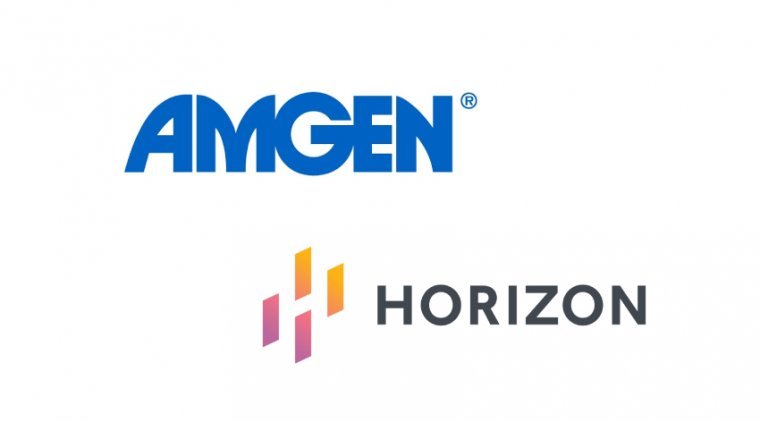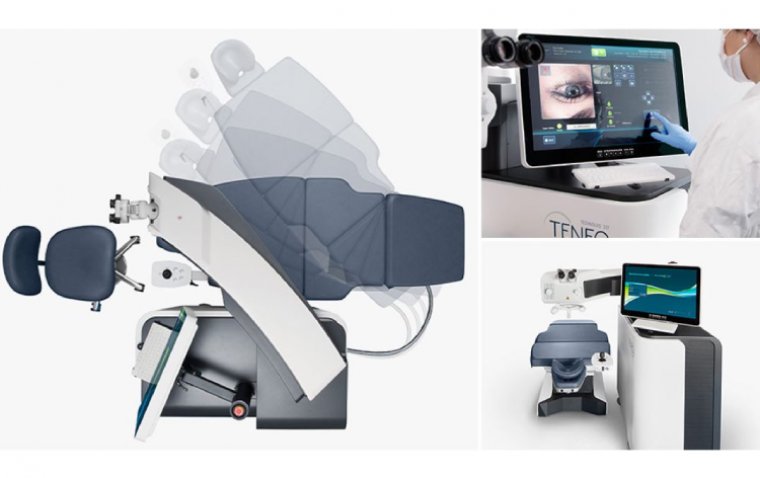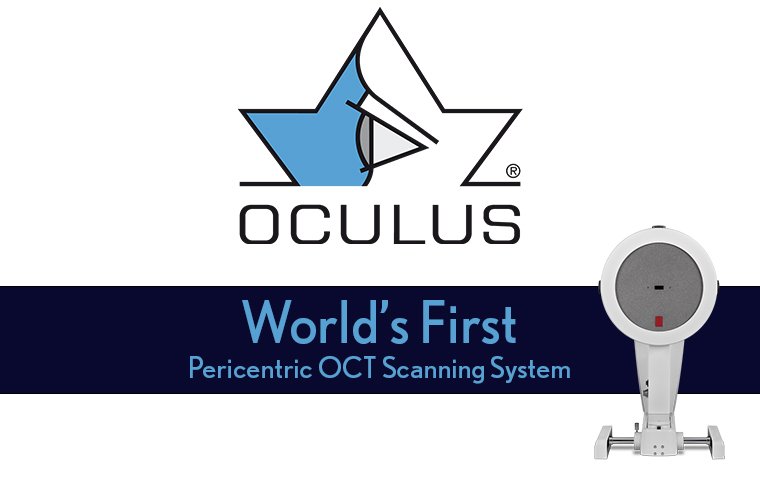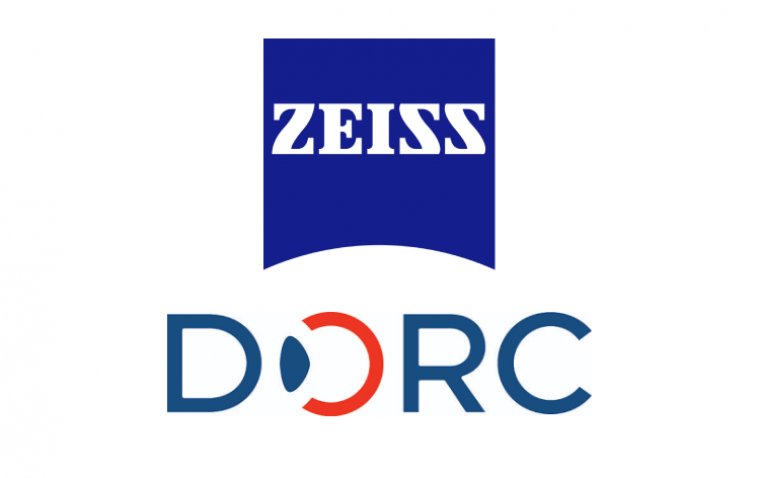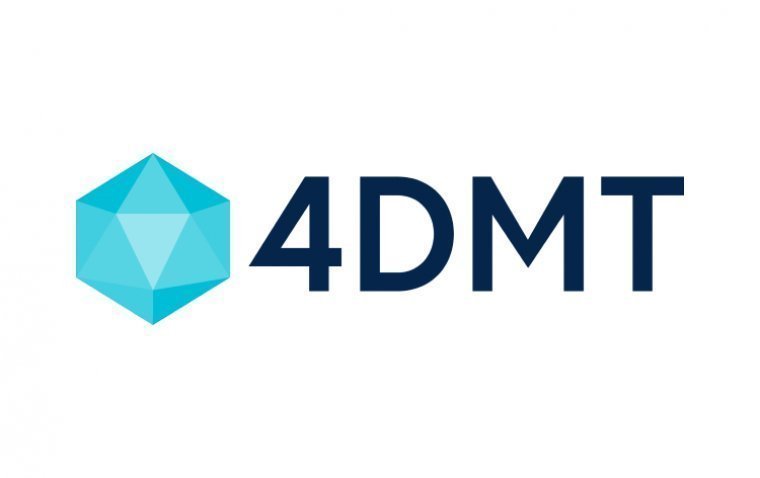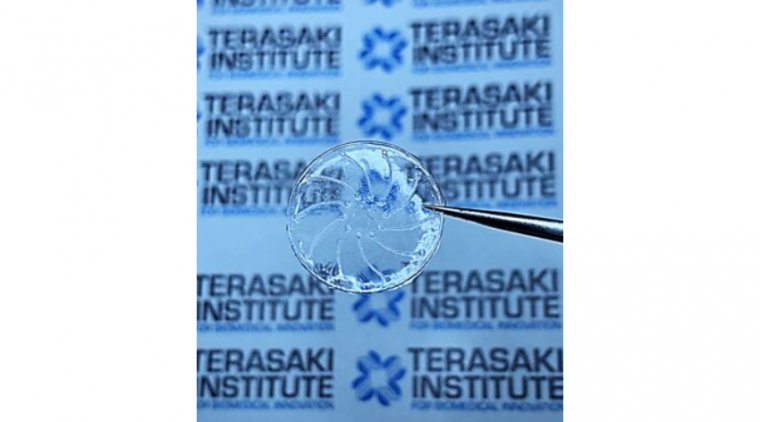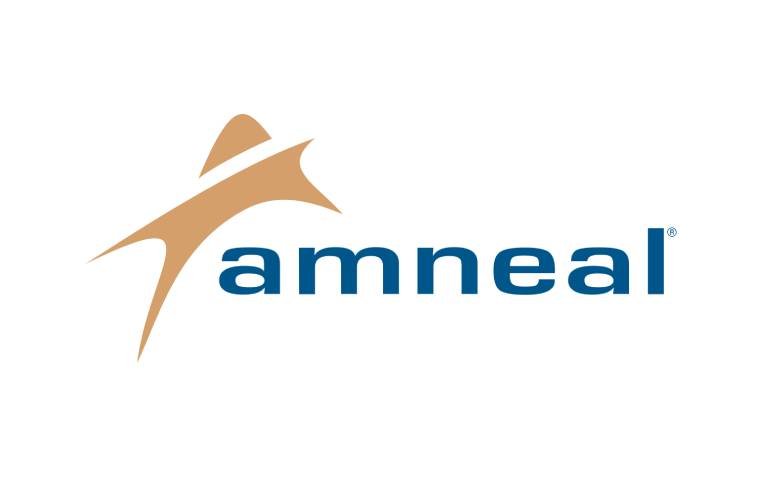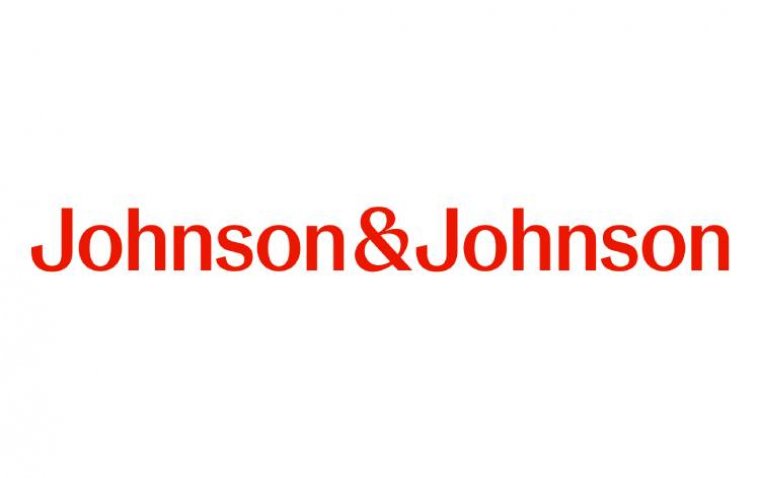
J&J's Nipocalimab Shows Promising Results in Phase 2 Study for Sjögren’s Disease
Johnson & Johnson announced promising topline results from its Phase 3 VIVACITY study evaluating nipocalimab in adults with generalized myasthenia gravis (gMG), alongside findings from the Phase 2 DAHLIAS study in adults with Sjögren’s disease (SjD).
Nipocalimab, an investigational treatment, has shown clinical efficacy across four autoantibody-driven diseases in recent trials, including hemolytic disease of the fetus and newborn (HDFN) and rheumatoid arthritis, in addition to gMG and SjD.
Phase 2/3 Study Results
In the Phase 3 VIVACITY study focusing on gMG, nipocalimab met its primary endpoint by achieving a statistically significant reduction in MG-ADLa score compared to placebo over weeks 22 to 24. Generalized myasthenia gravis is characterized by fluctuating muscle weakness and is a chronic, rare, and debilitating neuromuscular disease primarily driven by autoantibodies.
Similarly, the Phase 2 DAHLIAS study in Sjögren’s disease demonstrated a statistically significant reduction in clinESSDAIb score from baseline at week 24 compared with placebo. These results mark a milestone as the first positive outcomes for an investigational anti-FcRn treatment in this chronic and debilitating autoantibody disease, which currently lacks approved advanced therapies. Sjögren’s disease disproportionately affects women, underscoring the potential impact of nipocalimab in this patient population.
Insights from Dr. Katie Abouzahr
Dr. Katie Abouzahr, Vice President and Disease Area Leader for Autoantibody and Maternal Fetal Immunology at Johnson & Johnson, highlighted the significance of these findings: "We are encouraged by the results of these pivotal studies, which demonstrate nipocalimab’s potential across multiple challenging autoantibody-driven diseases. Johnson & Johnson remains committed to addressing critical unmet needs in these patient populations."
Tolerability and Future Directions
Both studies reported that nipocalimab was well-tolerated by participants, paving the way for further development and potential regulatory discussions. Full results from the Phase 3 VIVACITY study are expected to be presented at an upcoming scientific congress, aiming to support regulatory submissions for generalized myasthenia gravis. Meanwhile, the Phase 2 DAHLIAS findings will be presented later this year, contributing to ongoing clinical investigations in Sjögren’s disease.
Regulatory Designations and Development Status
Nipocalimab has received Fast Track designation from the U.S. Food and Drug Administration (FDA) for indications including HDFN, warm autoimmune hemolytic anemia (wAIHA), and gMG, highlighting its potential as a significant therapeutic advancement in addressing autoantibody-driven diseases. The therapy has also received orphan drug status for several indications, underscoring its strategic importance in advancing treatment options for patients in need. Nipocalimab continues to be under development and is not yet approved for clinical use.
Understanding Sjögren’s Disease
Sjögren’s disease, named after Swedish ophthalmologist Henrik Sjögren who first identified it in the early 20th century, is a chronic autoimmune disorder characterized by the immune system attacking moisture-producing glands, leading to dryness primarily in the eyes and mouth. This condition can also affect other parts of the body where glands exist, such as the lungs, liver, and kidneys.
Common symptoms include dry eyes and mouth, which can cause discomfort, difficulty swallowing, and speaking. Beyond dryness, Sjögren’s disease can result in systemic complications such as joint pain, fatigue, and organ damage. It predominantly affects women, often in their forties or fifties, and while the exact cause remains unclear, genetic predisposition and environmental factors are believed to play roles in its development.
*Stay in the loop and make sure not to miss real-time breaking news about ophthalmology. Join our community by subscribing to OBN newsletter now, and get weekly updates.
(1).jpg)

